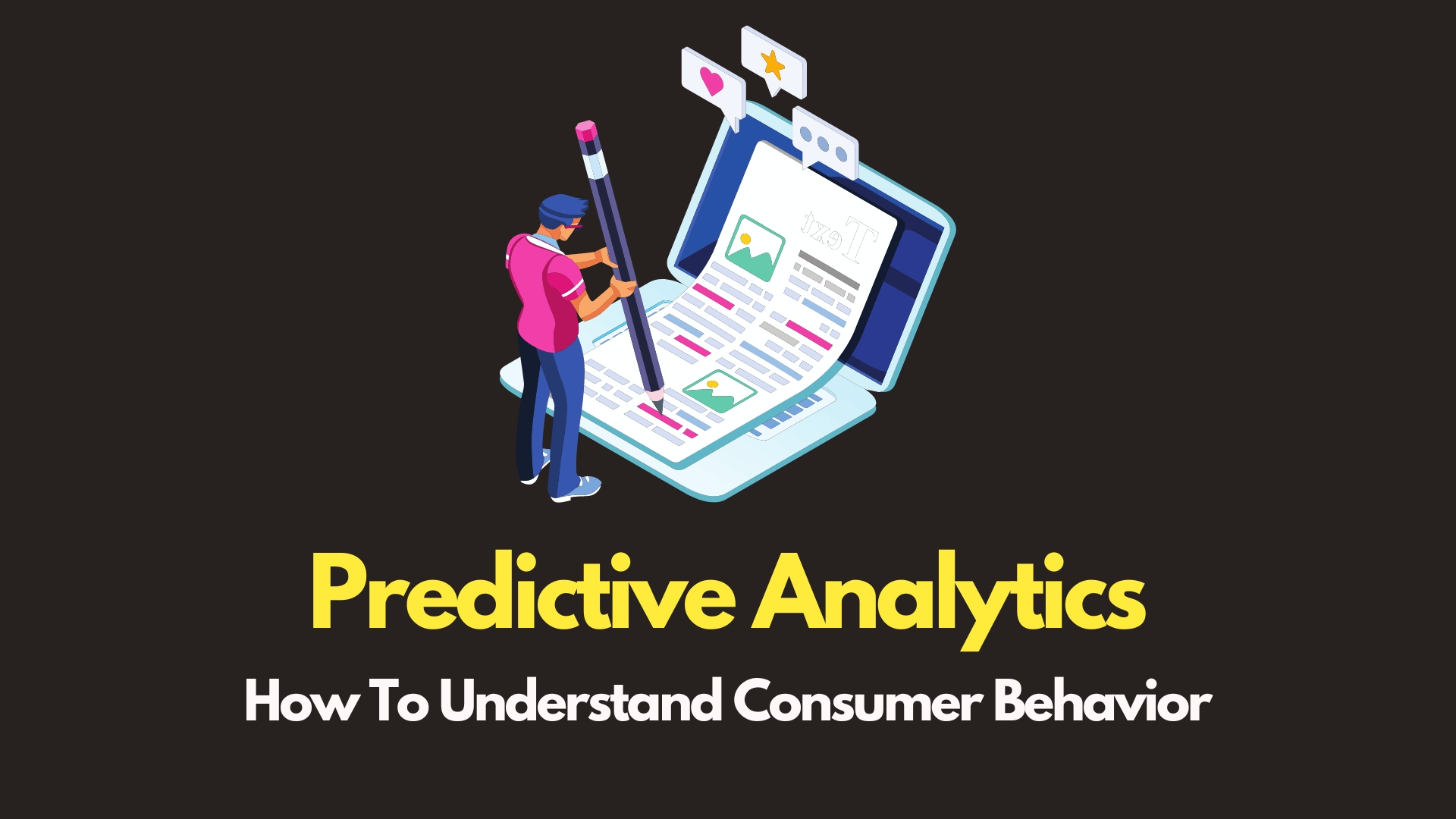Published
- 3 min read
Predictive Analytics in Understanding Consumer Behavior

Key Takeaways:
- Predictive analytics plays a crucial role in understanding and anticipating consumer behavior.
- Integration of psychological, social, cultural, personal, and economic factors enhances predictive accuracy.
- Machine learning techniques, such as sentiment analysis and time series models, are pivotal in predictive modeling.
- Retailers can leverage predictive insights to create targeted marketing strategies and personalized experiences.
- Advanced analytics enable businesses to stay ahead of market trends and consumer expectations.
Understanding the Role of Predictive Analytics in Consumer Behavior
Predictive analytics has become an indispensable tool for businesses looking to stay ahead of the curve in understanding consumer needs and trends. By harnessing the power of data, companies can predict future buying behaviors, personalize customer experiences, and make informed decisions that align with consumer expectations.
The Impact of Big Data on Predictive Modeling
In the era of big data, the ability to analyze vast amounts of information allows for a more nuanced understanding of consumer behavior. By considering various factors such as psychological tendencies, social influences, cultural background, personal preferences, and economic conditions, businesses can create sophisticated predictive models that anticipate consumer needs with remarkable accuracy.
Machine Learning: The Engine Behind Predictive Insights
Machine learning techniques are at the forefront of analyzing consumer behavior. By utilizing algorithms and data mining, these models can process complex datasets to reveal patterns and trends that inform predictive analytics. Retailers can then tailor their marketing strategies to align with these insights, creating more effective campaigns that resonate with their target audience.
Personalization: A Key Benefit of Predictive Analytics
One of the most significant advantages of predictive analytics is the ability to personalize the consumer experience. By understanding individual preferences and behaviors, companies can offer personalized recommendations, targeted promotions, and tailored content that enhances the customer journey. This level of personalization not only improves customer satisfaction but also drives consumer loyalty and retention.
Staying Ahead of Market Trends
Predictive analytics enables businesses to anticipate market shifts and evolving consumer preferences. By staying informed about potential future trends, companies can adjust their product offerings, marketing approaches, and overall business strategies to meet consumer demands proactively.
Case Studies: Success Stories of Predictive Analytics
Successful companies like Amazon and Google have demonstrated the power of predictive analytics in understanding and catering to consumer needs. These tech giants use advanced analytics to refine their recommendation systems, optimize their search algorithms, and create a more engaging user experience.
Crafting a Future-Proof Business Strategy
To harness the full potential of predictive analytics, businesses must invest in the right tools and expertise. By leveraging cutting-edge technology and data-driven insights, companies can create a resilient strategy that adapts to consumer needs and remains competitive in a rapidly changing marketplace.
Conclusion: The Predictive Path to Consumer Satisfaction
Predictive analytics is more than just a technological advancement; it’s a strategic imperative for businesses aiming to deliver exceptional consumer experiences. By predicting and responding to consumer needs and trends, companies can achieve a competitive edge and foster long-term customer relationships.